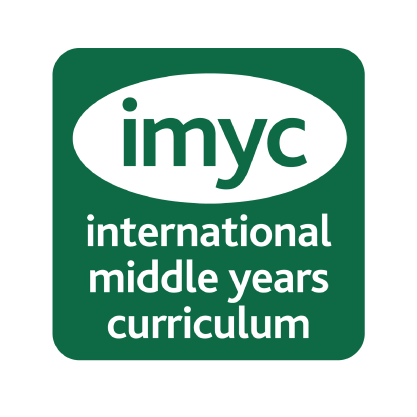Supporting your child’s English at home
A question we are often asked as English teachers is “how can I support my child with their English at home?” Unsurprisingly, the most important way to boost your child’s confidence with their English is through encouragement and positive reinforcement. It is normal for your child to feel shy expressing themselves in English when they are first introduced to the new language because it is in these early stages of language acquisition when most mistakes are made. However, it is through making these mistakes that children learn how to correct themselves and are less likely to make the same mistake in their future language practice. Young childrens’ minds are like sponges and they pick up a new language with greater ease than adults. Our role and duty as English teachers is to provide our students with a supportive, judgment-free environment where they are free to express themselves in the new language without being scared of making errors. We encourage students to practice their communication skills and get used to speaking in English with their peers.
To reinforce English at home, we highly recommend pupils access the school library and take books home to read independently. Your child’s teacher will be happy to advise and give suggestions for books which are suitable for their level. Reading aloud to parents or siblings for just ten minutes a day will help to increase their fluency and better their pronunciation. Many pupils enjoy reading books in English which they have already read in their own language or have seen at the cinema. The Harry Potter series and the Maze Runner tend to be popular choices with our secondary students.
On a more academic note, as a school we offer all of our students the opportunity to take the official Cambridge examinations for English if they wish. As well as the content provided through the class teacher, Cambridge also provides useful tips for parents which can be found on their website. We are now very fortunate to have access to lots of free digital resources to support study. The following link includes some useful websites for independent study: ICT RESOURCES. Secondary age students may also find it useful to read the news in English and watch television or films in “original version” to aid with vocabulary learning.
With learning any new language, it is easy to become disheartened when you are unable to reach fluency as quickly as you would like. However, the age old saying is a good one, “if at first you don’t succeed, try, try again”. As a school, we reinforce the habit of having a “good struggle” in all aspects of a pupil’s learning and by using trial and error the greatest improvements will be made.
Clare Croft
English Coordinator

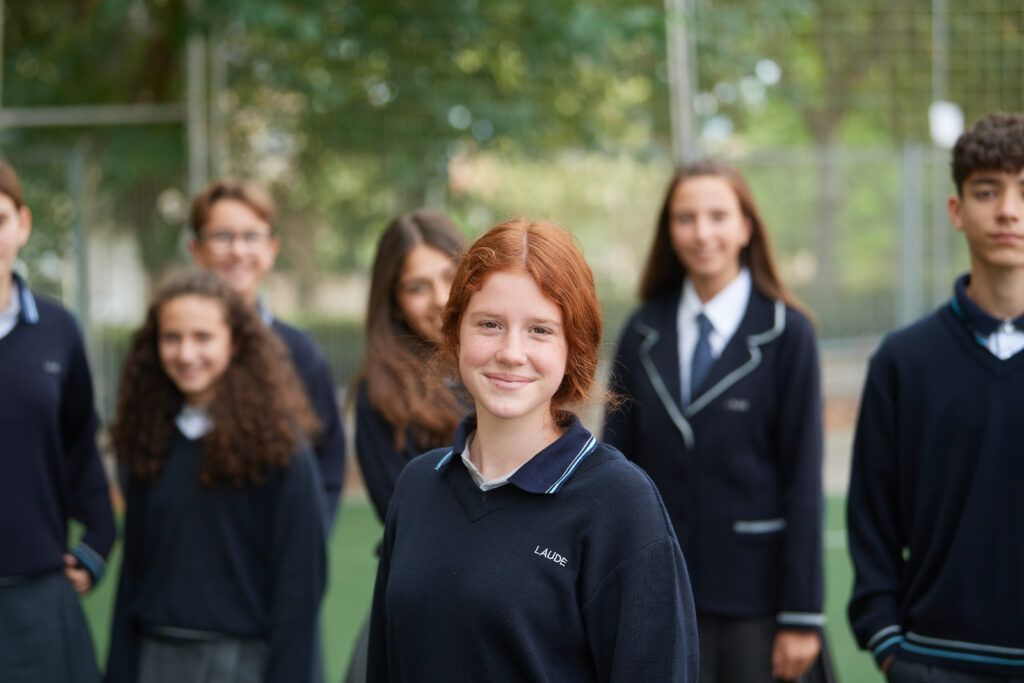



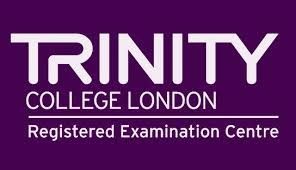

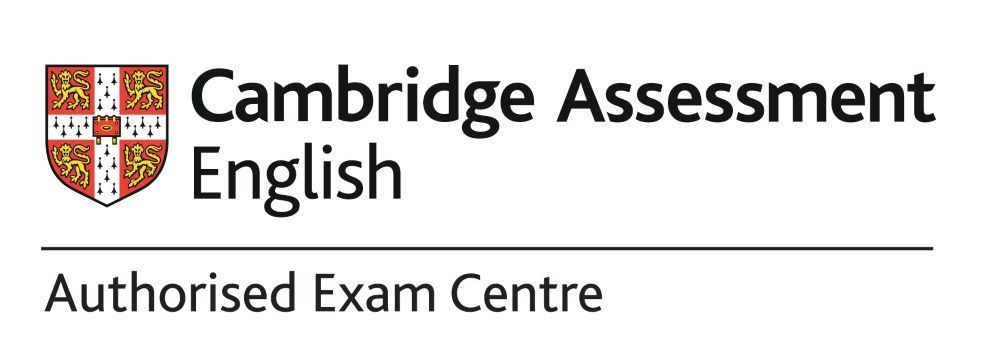
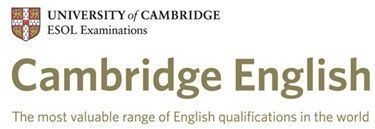




![BAPParentLogo[5]](https://fontenebroschool.com/wp-content/uploads/2020/09/BAPParentLogo5.png)


